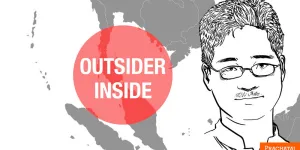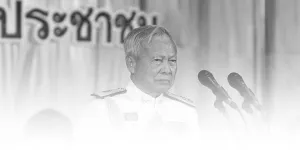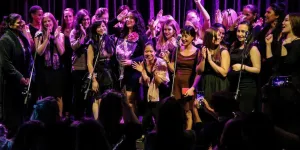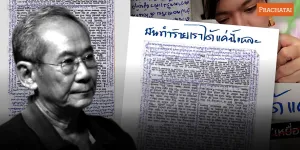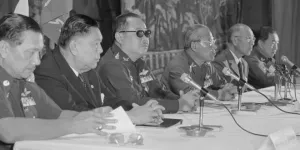By Hara Shintaro |
<p>Sumaiya Minka had to spend the night in great anxiety after her husband, Abdullah Isomuso, was detained as a suspect by the security forces on 21 July 2019 after he finished the Maghrib prayer (the prayer after the sunset). He was taken for interrogation to Ingkhayutthaborihan Fort, the largest military installation in the southern border provinces of Thailand. She was later informed that her husband was found unconscious in his cell and was admitted to the ICU. </p>
<p>Due to her financial situation, Daranee didn’t get a health check-up on release. A malignant tumour, something she found while in her last years of imprisonment, was not diagnosed. It cannot be denied that this, coupled with poor prison conditions, stress and long-term consumption of painkillers, all contributed to her worsening health. Now, 3 years later, the symptoms of cancer have become apparent.</p>
By Thai Lawyers for Human Rights |
By Chanatip Tatiyakaroonwong |
By Puangthong Pawakapan |
By Nidhi Eoseewong |
<p>Stories of prison are always in demand, perhaps because prison is a world not encountered by the majority of people. There are many Thai-language books about prison that span those written from first-hand experience to those collected from the experience of others who spent a stint inside. But All They Could Do To Us is different from other written accounts of prison.</p>
By Amnesty International |
By Eugénie Mérieau |
<p>In the field of Comparative Constitutional Law, Thailand´s Constitutional Court gained an ambivalent notoriety for its repeated dissolution of opposition political parties and cancellation of general elections in the name of protecting democracy – but de facto paving the way for military coups, in 2006 and 2014.</p>
By Thareerat Laohabut |
<p>Friedrich Hegel, the German philosopher, once said “the only thing we learn from history is that we learn nothing from history”. With regard to Thai political history, I cannot deny that this quotation expresses one of the “all-time” brutal truths. It is clearly true that most Thai people have never learned any political lessons in Thai history. They have not only made no democratic progress but have also strengthened the authoritarian rhetoric peace-making to repeatedly disrupt democracy by undertaking a series of coups.</p>




